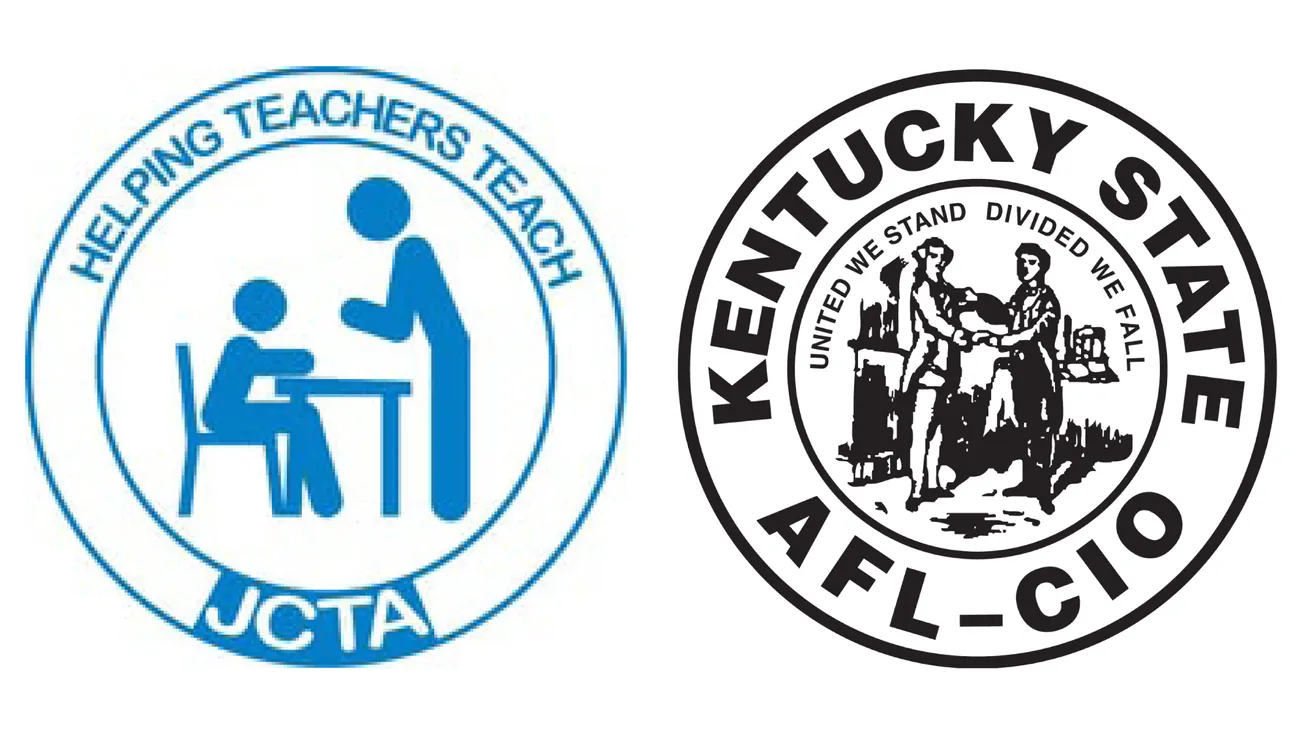The verbal and legal back-and-forth between Governor Bevin and Attorney General Beshear has continued the past few months over a type of health insurance program known as Association Heath Plans (AHPs).
AHPs were brought back into the healthcare policy debate following an executive order signed by President Trump in October of 2017. Beshear was one of 12 AGs across the country to challenge the policy in court last July, and in March a federal judge struck down the President’s plan.
In response, Bevin joined officials from 15 other states in June in supporting the policy, setting off the current dispute. Of note, while Bevin may have only recently jumped into this fight (possibly due to Beshear’s involvement), Rand Paul has been advocating for this policy for years.
Because of this, Kentucky has the distinction of being the only state on both sides of the issue.
What are AHPs?
Associated Health Plans are not a new concept, and some form of this policy has existed for decades. Essentially AHPs are a way for groups of small businesses or self-employed individuals to come together to buy insurance, often across state lines. Traditionally, these have been associations of similar businesses (plumbers, for instance) joining together, but that’s not always the case.
According to supporters of the policy, this gives members more negotiating power and access to less expensive premiums. Banding together in this way would create a larger pool of people and spread the risk out among more members. AHPs in most situations are also not subject to as many regulations as traditional insurance under the Affordable Care Act, which supporters argue further lowers costs. Because of this, the coverage purchased as part of an AHP is usually far less comprehensive.
Problems with AHPs
AHPs have their share of critics, however, and the history of these policies is more than enough to raise some serious concerns.
As mentioned, this is not a new policy concept. Many AHPs in the past went bankrupt or were rampant with fraud, leaving many Americans on the hook for huge medical bills. One version of this concept from thirty years ago, Multiple Employer Welfare Arrangements (MEWAs), left hundreds of thousands of Americans with millions in unpaid claims.
AHPs are also less comprehensive, as they are not required to cover the ten “essential health benefits” required under the ACA. While this is a selling point to some, the bare-bones nature of the plans means that features such as maternity care, mental health care, and prescription coverage may be absent. Problems arise then when you need more coverage than you have. It’s all fine to use bargain insurance until you need something better, at which time a person would be forced to go onto a more traditional plan.
Also, AHPs are risky for the rest of us. AHPs would likely draw younger, healthier people out of the traditional market, which would likely cause rates for those remaining in that market to increase. This could severely undermine and endanger the ACA (which is likely a goal). If that happens, you may not be able to simply switch to a more comprehensive plan.
AHPs would also have more discretion over who to cover and how much to charge. AHPs would likely not be able to set specific prices for individuals, but they could set prices based on gender, occupation, or even region. It is not difficult to imagine people in Eastern Kentucky, for example, being charged significantly more than elsewhere in the state regardless of their individual health.
Furthermore, specific language that individuals wouldn’t be excluded was missing from the executive order, which doesn’t instill much confidence in that rule being strictly enforced.
Conclusion
The concept behind AHPs has been tried for decades, so it is not likely that it will completely resolve itself anytime soon. To an extent, AHPs make sense. Coming together for the benefit of members is common, from unions to chambers of commerce. This form of insurance co-op could work. But in practice, it never has – at least not for long.
Strengthening coverage, requiring more features, and ensuring everyone is treated equally would go a long way. But as these fixes appear improbable, AHPs will likely remain unreliable and insufficient to meet any serious needs that may arise, as well as being a threat to everyone else’s insurance.
–30–







